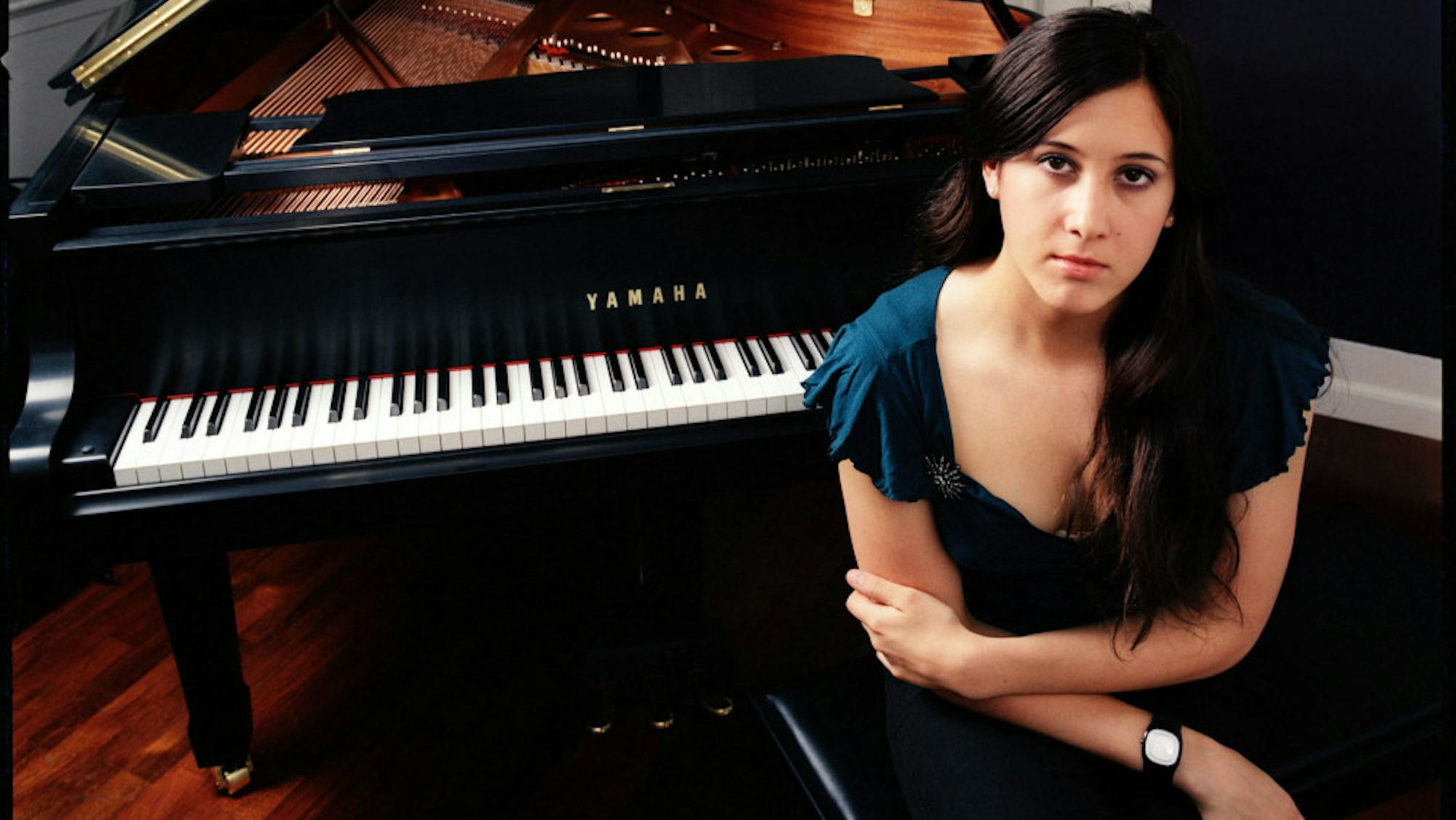
Courtesy of Least Worst Option
Vanessa Carlton, known for “A Thousand Miles,” released LibermanOct. 23, 2015. The Emory Wheel had a phone interview with Carlton Feb. 14 to ask about Liberman. She also spoke on her then upcoming release, Earlier Things Live, and gave insight into her past experiences with piano and future as a singer-songwriter. This is an edited transcript.
Naomi Keusch Baker, The Emory Wheel: Broadly speaking, your style is pop, but there are other elements at work. Where did your inspiration for Liberman come from and what was your goal with this album?
Vanessa Carlton:[My inspiration] was this place in my house where if you sat at the piano, all you look at is this painting that was made by my grandfather. The colors in the oil painting all blend together almost like watercolors. It’s a very beautiful, colorful, psychedelic pallet and I think that painting and the colors influenced the album.
EW:How do you express yourself differently through singing as opposed to playing the piano or other instruments?
VC:I’m my most comfortable self playing the piano, that instrument, because I’m more of an instrumentalist than a singer in a way. Piano was the first instrument, the first thing I ever learned how to do. I think it’s also possible for something that’s worth it to connect in different ways.
EW:Some of your lyrics are more metaphorical; there’s more room for interpretation, whereas with others you’re more forthright in your lyrics. Is this something you think about when you’re writing, how your lyrics can be interpreted differently by different people?
VC:I think the concept of the record was … it’s easy to be a singer-songwriter and not be a conceptual artist but I think this was how the two paths crossed. For me, everything just became so clear, there was a lot of clarity to the project, this record is sonically and lyrically yearning to be personalized to the [listener] to detail somebody else’s life … I think there are a lot of hidden messages.
EW:A lot of other artists tend to stick to the typical mold of the verse/chorus/bridge, but in this album you experiment and try different patterns in your music. Do you consider yourself an experimental artist or are there certain rules you always follow when you’re composing?
VC:I just think it’s important to always explore foreign territory because it’s always very uncomfortable and wherever I am in my life, either in my work or my personal life, whenever you venture new territory and for whatever reason it scares you, that’s always a good sign. It leads to something more and I think that a lot of rules are being rewritten. There are no rules anymore, you don’t have to follow the crowd. I don’t have to have a major leading role. I don’t have to write pop songs. I don’t have to be anything that I don’t feel. I feel absolutely obligated to explore territory and formats that I don’t normally live in. I think it’s important for all artists. I work with a major label and the conventional pop singer-songwriter girl, there is that kind of role and they care more about the song structure and how the videos are but that’s not for me. You can call it experimenting but it’s not really that, I think it’s more just me following my curiosity.
EW: Your new live album, Earlier Things Live, was released Feb. 17. What’s different about performing live compared to in the studio?
VC:The two are totally different. Live has a performance to it; you have to capture the audience. In the studio, it’s like you’re in a workshop doing arts and crafts. You can play with pallets and sounds. Live you are presenting the work as is, so it’s very different. I just always thought in the moment, “oh wow I’ve done this before.” Liberman Live which came out last year was really the time for me to do that. And then Earlier Things [Live] is pretty cool, it’s from that same night from Liberman Live but it’s older songs packaged into a record. I’m happy to get back on the road, just a pretty short tour I’m about to jump on, but you connect with people. I think in a way maybe it will allow an audience to hear me live; some people prefer that experience.
EW: Do you have specific goals for the future? What can listeners look forward to?
VC: Liberman was a good opportunity to create a pallet; it was a concept we all had in the studio [and] I’d like to up the game on that. I don’t know how, at this point I can say I don’t think I’m going to make another album. I think while I’m still young enough to get on the road and continue to perform as a long-term goal.




